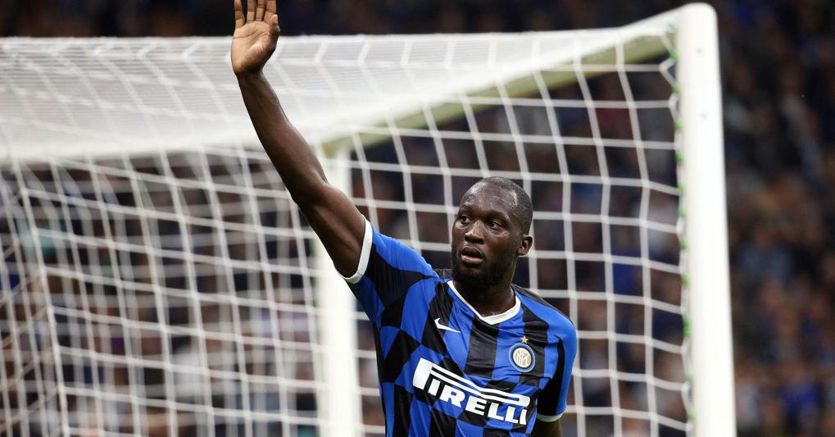The sale of Romelu Lukaku to Chelsea for 115 million is understandably arousing concern and anger among the fans of the team that has just won the Scudetto and which in a few weeks saw the farewell of the coach, Antonio Conte, and the sale of Hakimi, period of team strength. The economic / financial situation of the Suning group and that of Inter are certainly not idyllic.
Suning’s position
In the case of the conglomerate owned by the Zhang family, some wrong investments (such as the purchase of the Carrefour network in China on the eve of the outbreak of the health emergency), the “obligation” to financially support other struggling Chinese conglomerates, especially in the real estate sector, such as Evergrande, have both weakened the group of Nanking forcing him to divest minority but significant stakes, which shifted the control axis of the conglomerate.
Loading…
In addition, the sale of approximately 17% of Suning.com to a fund for a consideration of 1.14 billion euros was formalized last July. An operation designed in Beijing to support its most indebted industrial groups.
The group led by the Nanjing State Asset Management Committee and the Government of Jiangsu Province is attended by other “champions” of the Chinese economy, such as Alibaba, Haier, Xiaomi and TCL. None of them, however, will have a controlling stake in the company.
“The diversified investor portfolio will help Suning.com further improve corporate governance, operations and business transformation as a retail service provider.”
The position of Inter
This is what explains the note from Suning that formalized the passage of quotas. Therefore, if it is true that the operation does not directly concern Inter’s chain of control, it is equally clear that the limits placed by the Beijing government around Suning.com they are such as to prevent a flooding of the crisis from spreading to the Zhang family and to the subsidiaries of Suning Holding.
To protect Suning (after the Zhang family was forced to take a step back), battleships of the Chinese economy have been deployed.
A protective cordon that today gives ample guarantees of continuity was laid around the Nerazzurri club with the operation last May that led the American fund Oaktree to indirectly finance (the loan is disbursed to the Luxembourg parent company of the club belonging to the Suning galaxy) 275 million.
This money together with the refinancing of the 375/400 million bond expiring in 2022 which will be completed by the end of the year, will give the club the financial oxygen to face the season. Should Suning fail to repay the loan within the next three years, Oaktree, which has pledged the shares of the Nerazzurri club, will acquire ownership. And it wouldn’t be like falling from the frying pan into the fire. Oaktree, is a fund specializing in “troubled securities” and manages assets for 150 billion dollars. In turn, the majority of Oaktree is held by another Canadian mega-fund Brookfield. Together the two companies manage over $ 600 billion worth of assets.
Post Covid financial crisis
Having clarified this scenario, it is necessary to focus on the strategic plan of Inter. The neroazzurra company had to abruptly interrupt its growth process, with a structural turnover that was preparing without capital gains to exceed 350 million per year, due to the health crisis and the blockade of Suning investments (amounting to over 600 million in 4 years disbursed to Inter in various forms).
The Chinese ownership therefore imposed a 10/15% downsizing of the total wages and a signing campaign for the 2021/22 season to be closed with a positive balance of 80/90 million. This goes along with the requirements of UEFA financial fair play, that is to say that the clubs must be autonomous in managing the annual income statement (even if in certain European situations, this principle is obviously worth a little less).
The 2021 summer transfer market was managed by Beppe Marotta and Piero Ausilio with this diktat. Hakimi’s move to PSG and other small operations have made it possible to put together savings of around 40 million so far. To reach the budget, however, there is the January window and the summer window of 2022 (provided that the outgoing operations are carried out by June 30, in order to be able to record the benefits in the balance sheet).
Both Marotta and Ausilio therefore were convinced that they could achieve the goal without giving up other big players, perhaps by making a few less entry shots. No desire to sell Lukaku or Lautaro, so to speak.
